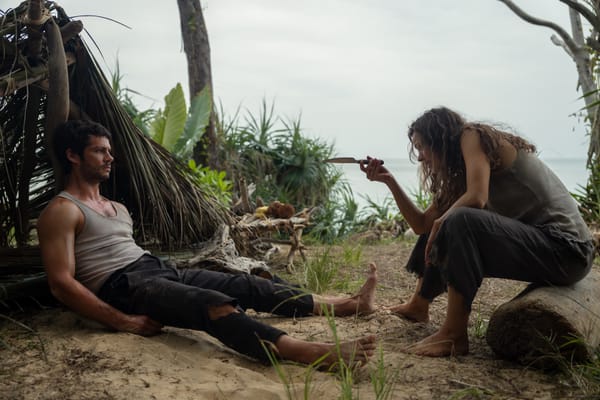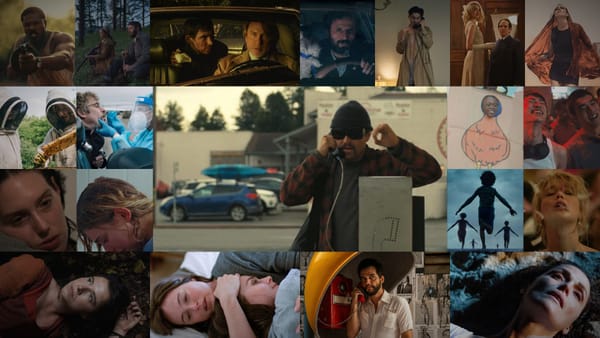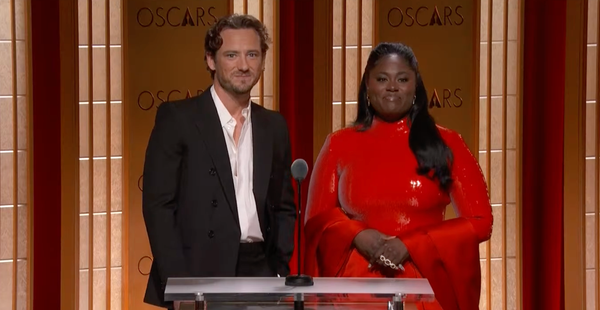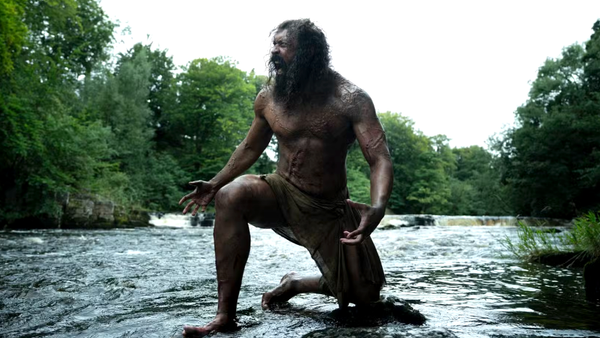I Watched hbomberguy's 4-hour Video About YouTube Plagiarism. Here's What I Learned.
A journey to the dark side of YouTube.
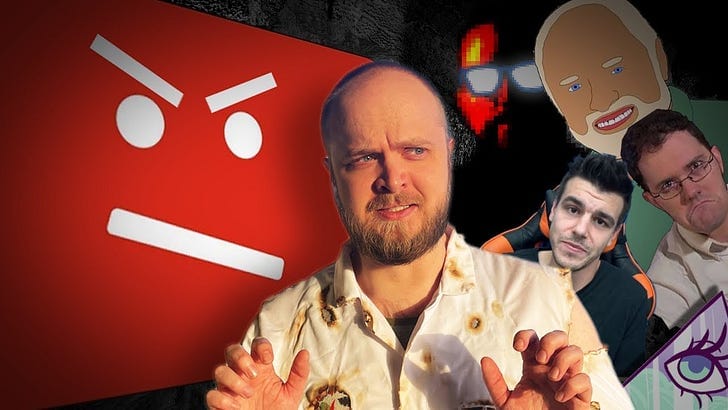
YouTuber hbomberguy (AKA Harris Michael Brewis) released a 3-hour-and-51-minute long YouTube video discussing how some of the biggest channels on YouTube plagiarize their material. Brewis’ video is measured and methodical, and he brings a whole boatload of receipts. It’s a fantastic video and I recommend you check out the whole thing.
This newsletter entry is not in any way meant to replace the experience of watching the video. But I had some observations and takeaways, and I felt this was a good venue to discuss them. Here are some elements from Brewis’ video that stick with me.
Plagiarism comes in all shapes and sizes
One nuance that Brewis’ video does a good job of illuminating is: What exactly is plagiarism? In most cases, it’s taking someone’s words and passing them off as your own (perhaps with some slight rewording). But there’s a whole spectrum of how YouTubers can appropriate material. In some instances, they use an article word-for-word and pass off the insights as their own. In other cases, they’ll take footage from a documentary and apply a color/grain filter to it to disguise its source. Sometimes they’ll quote someone but also mention the original author way at the bottom of the video description — that way if they’re ever accused of stealing, then can claim they mentioned the source. Other times they will literally just speak the words that documentary subjects have spoken, as though they came up with the insights themselves. They’ll also often use multiple sources that are combined in the final work with no attribution.
Despite being almost 20 years old, YouTube is still the wild west in some ways. Yes, there are best practices when it comes to providing attribution but they are essentially unenforceable and rely on social pressure to function — pressure that plagiarists often don’t experience because they have a large enough fanbase that they can ignore it.
Plagiarists are generally unrepentant
Brewis’ video details numerous instances in which plagiarists have been called out by viewers who have recognized stolen works. In every instance, when confronted with evidence, the plagiarist either moves to obscure the nature of their misdeeds (e.g. by making a video private, then re-posting it with stolen sections changed/removed), doubles down on defending the work as original, or both. It’s hard to think of an instance where someone gets called out and just says, “Well, ya got me folks! I guess I’d better pack it in.”
Instead, the plagiarists often attack the accusers, perhaps even siccing their fanbase on them, and then keep making videos with stolen content as though nothing has happened.
I guess most you will probably find this observation pretty obvious, but it still boggles my mind a bit. If I were a successful online person stealing content and got publicly called out for it, I’d probably try to clean up my act immediately? Like “Whoa, that was a close one! I’m successful now but if people keep realizing I’m stealing all the time, this whole house of cards could come tumbling down! Guess I should never do that again.” — a feeling that none of the plagiarists mentioned seemed to ever experience, it seems.
I would’ve thought that plagiarism is an act of insecurity or cowardice but it’s also an act of hubris and condescension. You’re essentially lighting a metaphorical fuse and thinking that you can stop it from blowing up your career. And you don’t think any of the people you’ve stolen from are important enough to put you in danger.
For people who have been plagiarized, there’s virtually no recourse (other than talking about it)
Brewis’ video reserves most of its ire for a YouTuber named James Somerton, who has achieved significant success while stealing tons of other people’s words and ideas. In the past few days, it’s been really sad to see many skilled writers realize that they’ve been plagiarized by Somerton. One of the writers, Gita Jackson, wrote about how people have been asking her to sue one of the plagiarists:
I feel that in my case, the best thing I can possibly do is move on with my life. I do not have the money or emotional fortitude to fight out a legal case with a Canadian dude who probably already spent his ill begotten funds on camera lenses and turtlenecks. But I’m also empathetic towards the people who want there to be greater punishment for someone who not only stole from a lot of people, but ripped off the queer community he belonged to. […]
The sad but unavoidable truth is that there is very little justice in cases like these. James Somerton has already stolen my work — the damage has already been done, and it cannot be undone. I have to move throughout the world knowing that an injustice has been done to me; that is just an unfortunate reality of being alive.
Jackson’s essay is sad but accurate. There is no easy legal recourse in a situation like this and any attempt at fighting things out in court would be protracted and expensive — not something that many writers have the resources or patience for. For those who have been plagiarized, there is no real justice to be found.
Instead, hbomberguy’s video is one of the only ways any punishment is going to be meted out. The video will forever put an asterisk next to James Somerton’s name, and deservedly so. But it’s small comfort to those whose work has been violated in this way.
Our media ecosystem is deeply fucked
One of the most galling parts about Brewis’ video is how it reveals the perverse economic incentives at work on YouTube and elsewhere on the internet. Major digital media publications are shuttering left and right these days — and when they’re not, their writers are being replaced by AI. On the other end of the spectrum, a successful YouTuber can often generate revenue in the tens of thousands of dollars from sponsorships, ads, and Patreon in a given month. The current system rewards people who can package information and convey it to mass audiences efficiently and with a distinct personality; it does not reward original, deep, (text-based) investigative reporting.
That’s ultimately the tragedy of the video. As I write this post, great work is in the process of vanishing into obscurity in the bowels of the internet, waiting to be unearthed by another YouTuber or podcaster who thinks s/he can use it to get rich quick. Until we start rewarding the right behaviors and providing incentives for high quality reporting and insightful writing, this type of thing is likely to continue.
See also:
- hbomberguy’s follow-up video about the peril of lazy video essays
- Todd in the Shadows fact-checks James Somerton
- Jessie Earl’s video about community
Thanks for reading Decoding Everything! This post is free so feel free to share it.
Other stuff David Chen has made
- On The Filmcast, we reviewed May December, a movie that’s really stuck with me since my first viewing.
- On Decoding TV, Patrick Klepek and I are continuing our coverage of The Curse. Really loving this show and how unpredictable it is.
- I unboxed Netflix’s massive Maestro For Your Consideration box on Instagram and Tiktok.
